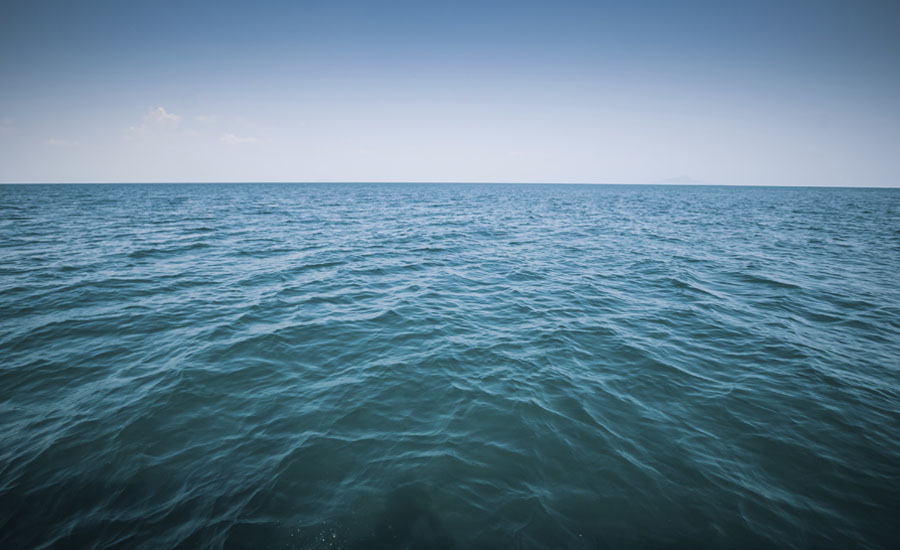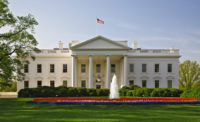The Trump administration yesterday repealed an Obama-era rule that requires landowners to obtain federal permits before developing or polluting navigable waterways.
The 2015 rule clarified the Clean Water Act - also known as Waters of the United States (WOTUS) Rule. It has been the target of lawsuits by farmers, the mining industry and business interests, who claim it restricts development and infringed on property rights. Environmental groups, however, say its expansive definition of navigable waterways is vital in ensuring the safety of wetlands, streams and ponds that feed into larger waterways. They warned that removing federal protection from them could affect drinking water quality and harm the habitats of fish, waterfowl and other wildlife.
A "flood of pollution"
"By repealing the Clean Water Rule, this administration is opening our iconic waterways to a flood of pollution," said Bart Johnsen-Harris of Environment America. "The EPA is abdicating its mission to protect our environment and our health."
Abigail Dillen, president of the non-profit legal group Earthjustice, called the move “shameful and dangerous.” She said: "Fifty years after the Cuyahoga River fire that inspired the Clean Water Act, President Trump's administration wants to turn back the clock to the days of poisoned flammable water."
"An egregious power grab"
However, the U.S. Farm Bureau said the 2015 rule was “an overreach of massive proportions.”
EPA chief Andrew Wheeler called it “an egregious power grab” that had gone far beyond the intent of WOTUS. "The 2015 rule meant that more businesses and landowners across the U.S. would need to obtain a federal permit to exercise control over their own property, a process that can cost tens of thousands of dollars and take months or even years to complete," he said. "It also put more local land-use decisions in the hands of unelected bureaucrats.”
The rule will temporarily be replaced by a previous regulatory system and eventually be replaced by policy with a more restrictive definition of protected wetlands and streams.
Legal challenges ahead
The Natural Resources Defense Council (NRDC) announced plans to challenge the action in court.
So did Maryland Attorney General Brian Frosh. “Repeatedly, the Trump administration has sought to reverse decades of work to protect our land, air, and water,” Frosh said in a statement. “We plan to vigorously challenge this latest unlawful rollback.”
Democratic Rep. Dan Kildee of Michigan said Trump’s decision “will have long-term, negative consequences to our health, our jobs and our economy. This short-sighted decision is an assault on the water we drink, our Great Lakes and the wetlands that support fish, ducks and other wildlife.”
The move is the latest in a series to roll back environmental protections put in place during the Obama era.








